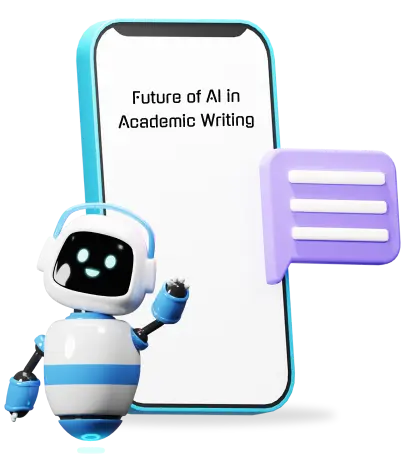As artificial intelligence (AI) continues to evolve, its impact on academia is becoming increasingly evident.
From coming up with unique research topics to making citations easier, AI is becoming really important for making academic work better. Looking ahead, several predictions indicate how AI could play a transformative role in various aspects of academic writing and research.
It can be predicted that usage of AI for either content enhancement or research will become more prominent.
Here are some predictions that can be made about how AI will establish its role in academic writing:
Currently, AI tools assist by generating simple summaries and outlines for research papers. Looking ahead, AI is poised to take on a more ambitious role.
It could evolve to create entire research papers, construct complex arguments, and formulate hypotheses based on the data input provided. This could offer researchers a head start in structuring their work, leaving them with more time to refine analysis and conclusions.
At present, AI primarily focuses on checking grammar and suggesting corrections.
However, future AI developments may enable these tools to understand the context more deeply. This means they could provide more accurate and relevant suggestions for style, tone, and content.
Instead of just identifying spelling errors, AI could become a writing partner that understands the intended message and helps convey it effectively.
AI-driven translation tools like Google Translate have become quite handy, but they often struggle with maintaining natural-sounding language and precise translations.
In the future, AI could overcome these limitations, providing seamless language translation that makes global collaboration effortless.
Researchers from different parts of the world could work together seamlessly, breaking down language barriers and promoting knowledge exchange.
While current AI tools can spot basic biases, they might miss subtler forms of bias in writing.
In the future, AI models could be designed to detect biases with more depth, helping researchers and writers present information in an impartial manner.
This advancement could enhance the credibility of research and academic discourse.
Presently, AI tools assist in generating creative content, mainly in areas like research discovery.
However, the future might witness a broader application of AI-generated creativity in academic writing, such as curriculum design and grading mechanisms.
AI might assist researchers in thinking of new ideas, innovative methods, and different views for their papers. This could let them explore new aspects of their research.
Virtual collaboration tools currently facilitate online teamwork to an extent, but AI's involvement remains limited.
Looking forward, AI could take on a more active role by simulating virtual AI collaborative learning environments. AI can make dynamic responses and suggestions, acting like real discussions. This helps researchers brainstorm and share ideas easily.
Today's AI writing tools provide suggestions that cater to a broad range of users. In the future, AI could become even more personalized.
By analyzing individual writing patterns, preferred vocabulary, and target audiences, AI could offer tailored writing suggestions that resonate with the writer's unique style and goals. This personalized approach could lead to more authentic and relatable academic writing.
AI in academic research assists researchers in finding relevant information through databases and online searches. Yet, AI's potential in this domain is far-reaching.
In the future, AI could provide real-time updates on the latest research findings. This can help writers stay informed about the developments in their fields while working on their projects.
While current AI tools primarily focus on grammar and plagiarism checks, their guidance on ethical writing practices remains limited.
However, the future could see AI evolving to offer comprehensive ethical guidance. This could mean giving suggestions for citing correctly, preventing accidental copying, and handling sensitive subjects responsibly. These tips strengthen ethical writing rules.
Some AI tools are capable of creating basic visuals to complement textual content.
In the coming years, these capabilities might expand to include more intricate multimedia elements.
AI-created visuals like interactive graphics, animations, and videos could improve how complex ideas are shown in academic writing. This makes information more interesting and simpler for readers to grasp.
While existing plagiarism checkers help identify text similarities, they might not provide a comprehensive solution for source authenticity.
In the future, AI systems could develop sophisticated algorithms that cross-reference and verify sources to ensure that references are accurate and credible. This advancement could add an extra layer of reliability to academic writing.
As we've explored the predictions and possibilities of AI in academic writing, one thing becomes clear: AI might bring a new era of efficiency, innovation, and collaboration.
As technology advances, AI writing tools will shape how we learn and research. By learning its proper utilization, AI can impact student performance in a positive way!
If you’re ready to boost your academic performance with the help of AI, give our trusted AI essay writer with citations a try! It can generate original content in mere seconds and you can get citations in over 15+ formats.
Get unique results and suggestions for your work with its range of templates, fit for every assignment.

WRITTEN BY
Cathy A. (Mass Communication, Education)
Cathy is a highly dedicated author who has been writing for the platform for over five years. With a Master's degree in Mass Communication, she is well-versed in various forms of writing such as articles, press releases, blog posts, and whitepapers. As an essay writing guide author at PerfectEssayWriter.ai, she has been helping students and professionals improve their writing skills by offering practical tips on research, citation, sentence structure, and style.
For more than five years now, Cathy has been one of our most hardworking authors on the platform. With a Masters degree in mass communication, she knows the ins and outs of professional writing. Clients often leave her glowing reviews for being an amazing writer who takes her work very seriously.
On This Page On This Page
Share this article
AI in Collaborative Learning Environments
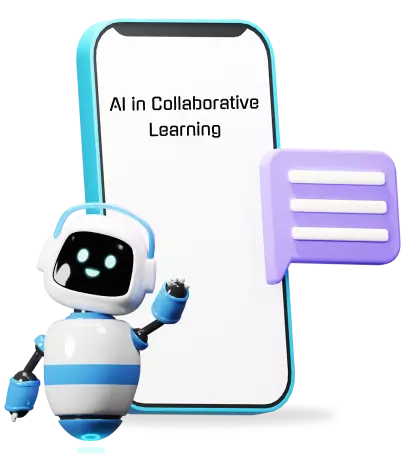
AI Tutors: Personalized Learning for Students in the Digital Classroom
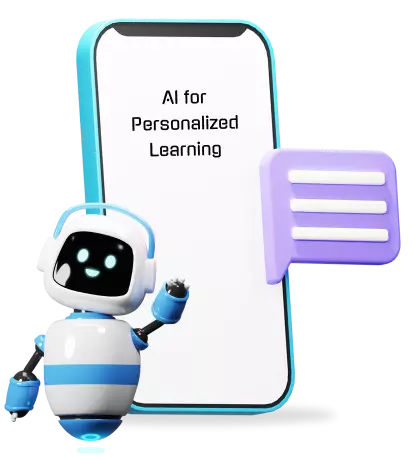
AI and the Future of Teacher-Parent Communication
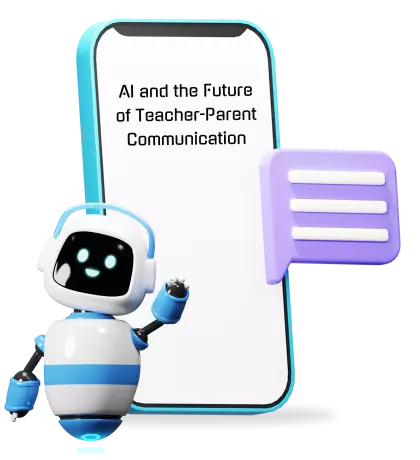
AI in Curriculum Design: Adapting Education for the Future
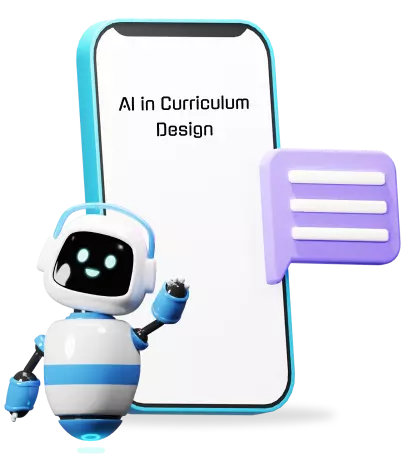
AI and Multilingual Education: Bridging Language Barriers in Learning
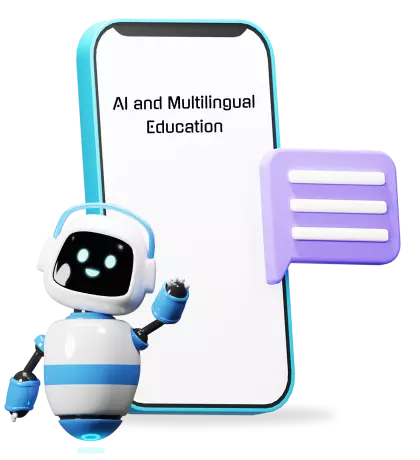
AI and Special Education: Empowering Students with Disabilities
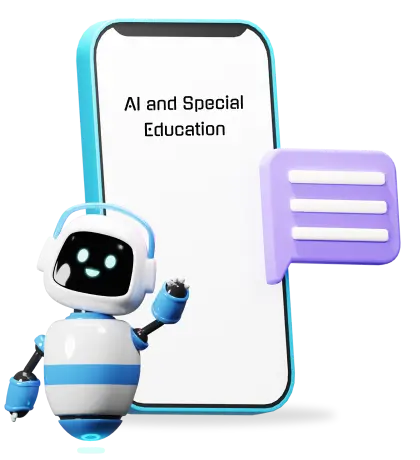
AI and Research Discovery
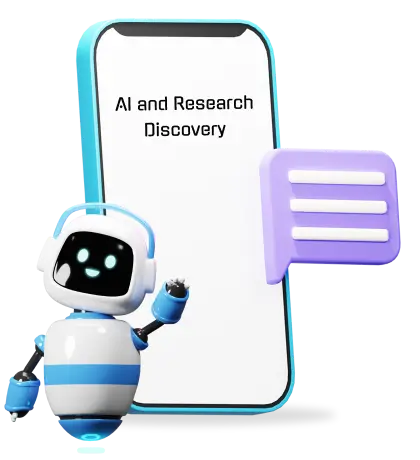
AI in Peer Review: Transforming the Academic Publishing Process
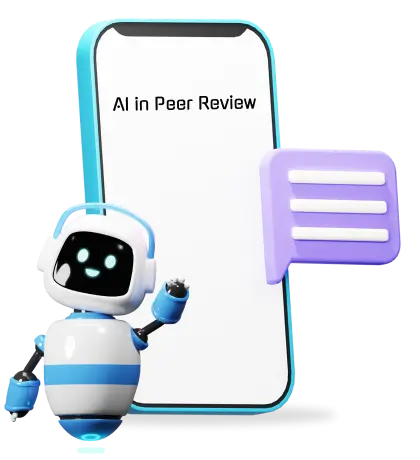
AI's Impact on Student Performance
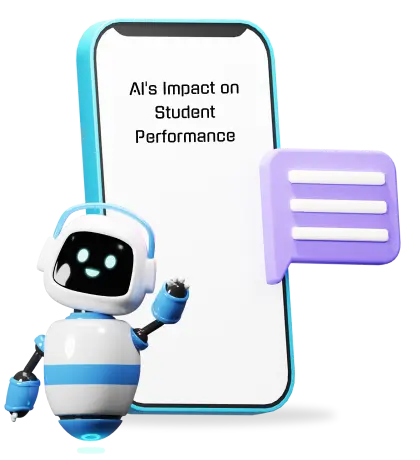
Ethical Considerations in AI Research: Ensuring Fairness and Bias Mitigation
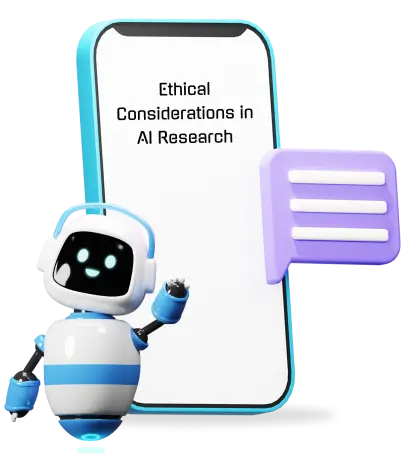
Ethical Considerations in AI-Generated Academic Content
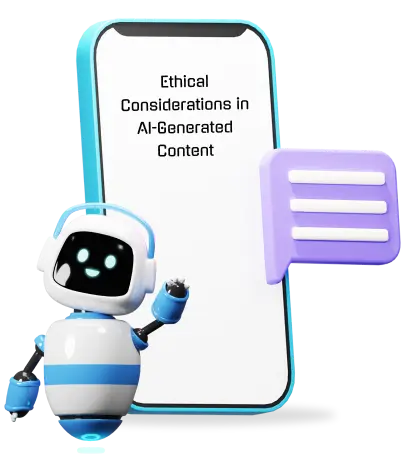
The Future of AI in Academic Writing: Trends and Predictions
